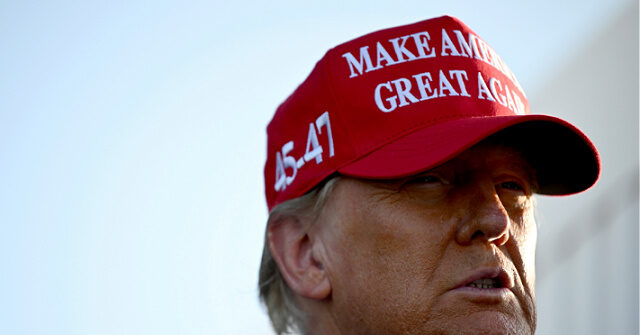President-elect Donald Trump is preparing to file a lawsuit against Iowa pollster Ann Selzer, claiming that her poll results were manipulated to benefit Kamala Harris in the lead-up to the recent election. During a press conference at his Mar-a-Lago estate on a Monday, Trump expressed his disbelief over Selzer’s polling, stating that her forecast, which predicted he would lose to Harris by three to four points, could have influenced public perception just before the election. Trump noted that this prediction starkly contrasted with earlier polls that showed him winning Iowa comfortably by around 20 points. Ultimately, the election results of Iowa showed Trump victorious by thirteen points, raising questions about the accuracy of Selzer’s findings.
Selzer, on her part, has denied any wrongdoing regarding her polling methodology. In a recent discussion alongside various media representatives, she conveyed her ongoing struggle to understand the discrepancies in her polling results compared to the eventual outcomes. Selzer mentioned the Des Moines Register’s efforts to maintain transparency by making their data and analysis publicly available. Despite her lack of a definitive explanation, she acknowledged the unsettling nature of the incorrect prediction, noting that it continues to preoccupy her thoughts. Her comments indicate a deep concern for accuracy in polling while reinforcing her commitment to transparency regarding her approach and results.
Trump continued his critique of Selzer, asserting that she purposefully adjusted her polling numbers to indicate a closer race as the election approached. He suggested that this strategic change was intentional and implied deceitful motivations behind her revised predictions. By indicating that Selzer initially showed a strong lead for him and then shifted the narrative closer to election day, Trump characterized her actions as fraudulent. He further framed them as a form of election interference, a concept that has emerged frequently in political discussions regarding the integrity of polling practices and media representations during elections.
In light of his accusations against Selzer, Trump stated that she retired from polling shortly after the election results were declared in his favor. He expressed a belief that Selzer was fully aware of her actions, implying her retirement was an acknowledgment of the controversy surrounding her work. This aspect of the narrative not only underscores the tension surrounding polling accuracy but also highlights Trump’s strategy of attributing blame for perceived electoral malfeasance to specific individuals within the polling industry.
In addition to the lawsuit against Selzer, Trump indicated that he intends to pursue further legal action, including a suit against CBS News related to their handling of a televised interview with Kamala Harris. He criticized the network for editing her response to create a narrative he deems misleading. Trump’s assertions signal a broader concern about how media outlets manage and present information, particularly as it pertains to political figures and sensitive topics leading up to elections.
Bradley Jaye, a correspondent reporting from Capitol Hill for Breitbart News, reported on these developments, capturing the heightened tension surrounding polling integrity and media representation in the current political climate. Trump’s ongoing legal pursuits aimed at challenging the credibility of polling practices and media narratives reflect not only his personal grievances but also an overarching sentiment within certain political factions concerning election transparency and fairness.

